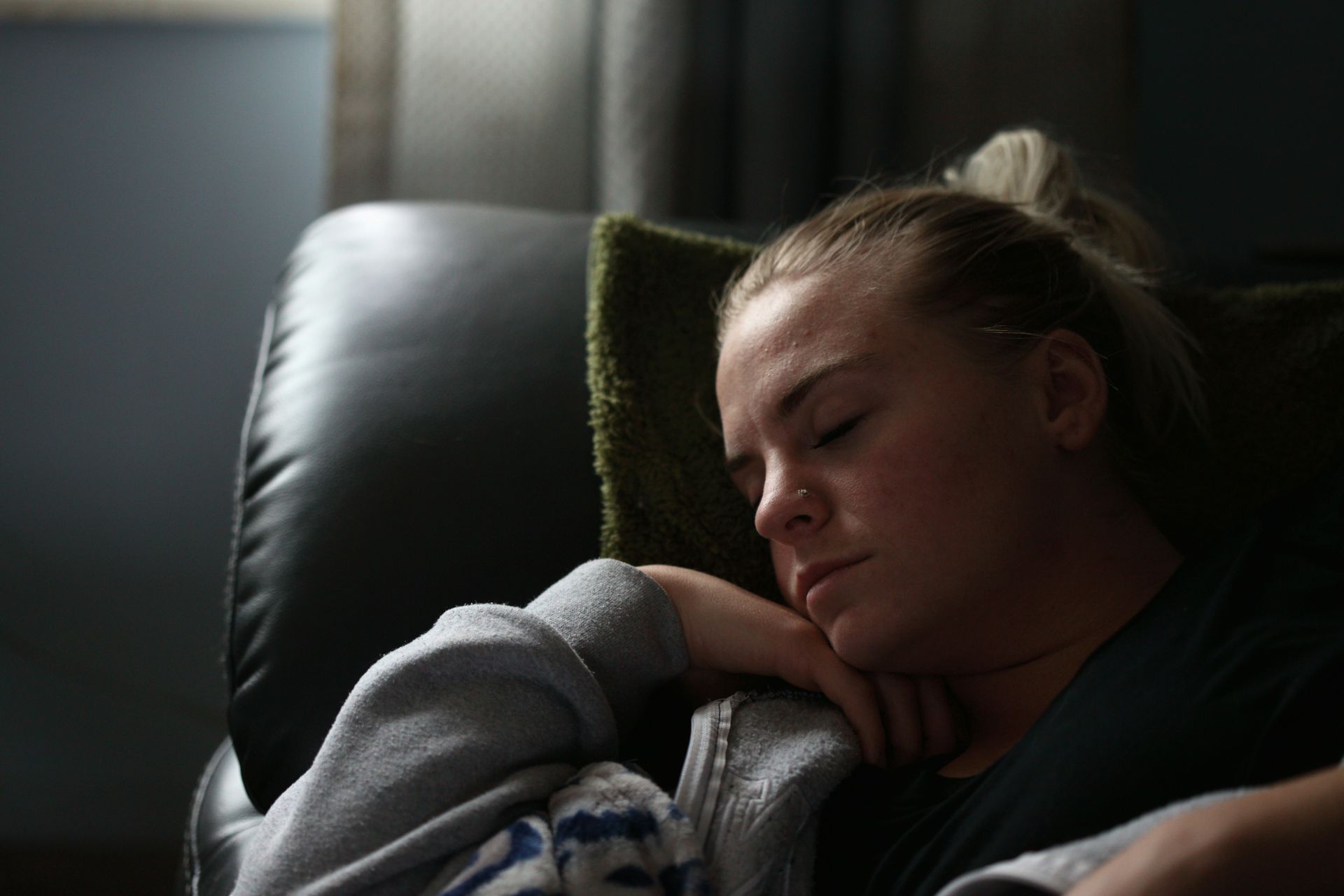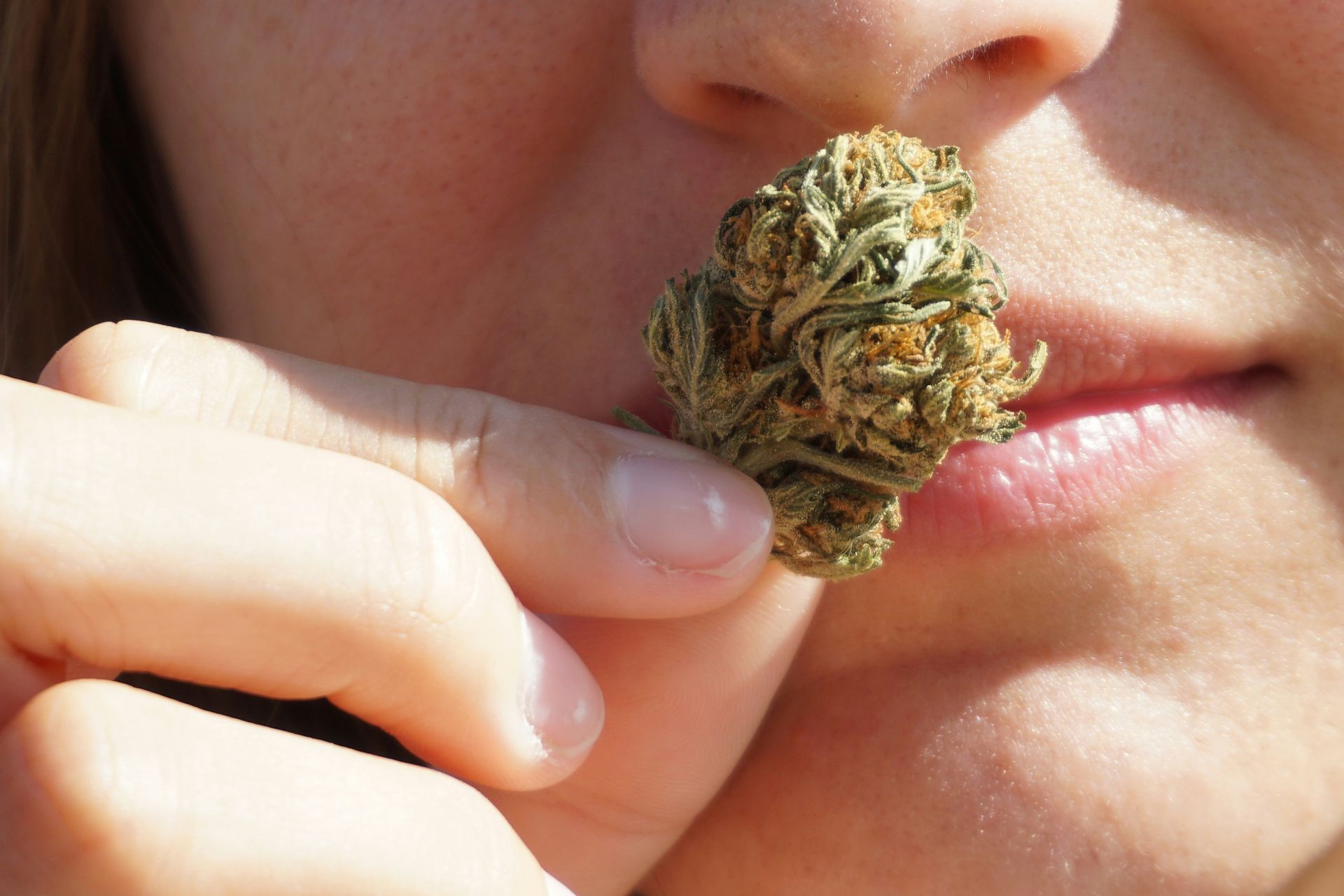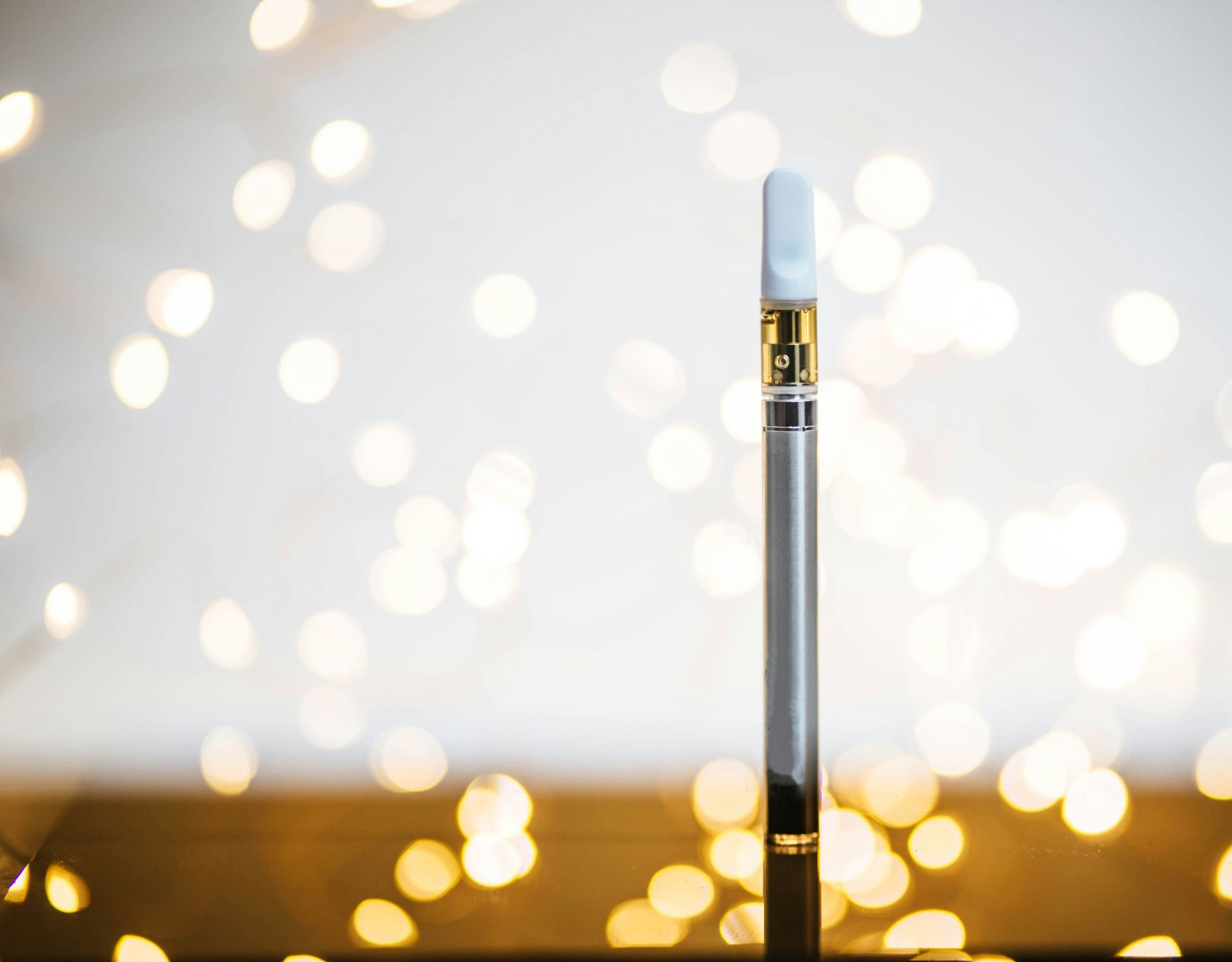
For those struggling with sleep issues, finding the right sleep aid can be a challenge. With the growing prevalence of cannabis use in the United States, many medical cannabis users are turning to marijuana as an alternative to conventional sleep aids. But does it truly help? Research suggests that cannabis may have a significant influence on sleep, impacting sleep-wake cycles, subjective sleep efficiency, and even sleep improvements for some individuals.
However, the relationship between cannabis and sleep is complex. Factors such as frequency of night arousals, negative sleep outcomes, and the interaction effects of cannabis components all play a role in determining its effectiveness. While some users report enhanced subjective sleep quality and reduced sleep disturbances, others experience sleep disruption or changes in adult sleep duration. Understanding the efficacy of marijuana as a sleep aid requires considering various sleep factors, including how it affects generalized sleep patterns across different age groups, from adolescent sleep to adult users.
This blog will explore the basic prevalence of cannabis use for sleep, its potential benefits, and its limitations. By examining the latest research, we’ll uncover the associations among sleep problems and cannabis use, helping you make an informed decision about whether it’s the right option for your sleep needs.
Does Cannabis Work as a Sleep Aid? Exploring Its Impact on Insomnia and Rest
For millions of people struggling with sleep disorders, finding an effective sleep aid can be life-changing. With the rising prevalence of cannabis use in the United States, many individuals—especially medical cannabis users—are turning to cannabis as a potential alternative to conventional sleep aids. But how well does cannabis actually work to improve sleep time and reduce sleep disturbances?
The Link Between Cannabis and Sleep
Cannabis is increasingly recognized for its therapeutic effects on various health conditions, including insomnia and other differences in sleep disorders. Research has explored how cannabinoids influence sleep-wake cycles, with studies indicating that certain strains and oral doses of cannabis may promote improved sleep by increasing hours of sleep and reducing frequency of night arousals. However, the efficacy of marijuana as a long-term sleep aid remains a topic of debate, as objective measures of sleep quality have shown both positive effects and potential negative sleep outcomes depending on cannabis use frequency and dose levels.
Understanding the Effects on Different Sleep Factors
Human studies suggest that cannabis can impact generalized sleep patterns in both adolescents and adults. In adult sleep duration, cannabis has been associated with an increase in nocturnal sleep but may also contribute to daytime sleepiness, affecting overall well-being. On the other hand, adolescent sleep studies indicate potential risks, with concerns about long-term changes in sleep-wake cycles and cognitive function.
Several current studies have examined differences in sleep determined by THC and CBD levels, analyzing blood levels of cannabinoids in relation to subjective sleep efficiency and sleep improvements. While THC may shorten sleep onset and increase deep sleep, it can also lead to sleep disruption in some individuals. CBD, known for its calming properties, has shown promise in reducing Anxiety Stress Scales scores, potentially benefiting those whose sleep disorders are linked to anxiety.
The Role of Cannabis in Insomnia and Health Risks
The epidemiology of insomnia highlights a growing need for better sleep medications, but cannabis use is not without concerns. Some researchers point to evidence of cannabis users experiencing withdrawal symptoms or altered effects on sleep quality with prolonged use. Additionally, health professionals warn about possible health-risk behaviors related to frequent cannabis consumption, which may affect long-term sleep health.
Despite these concerns, many users continue to report positive effects on subjective sleep quality, particularly those who have struggled with traditional sleep medications. The key may lie in understanding dose levels, strain selection, and how associations among sleep problems vary from person to person.
Can Weed Help You Sleep?
For those struggling with sleep disorders or sleep disturbances, cannabis has become an alternative sleep aid that many turn to for relief. Research suggests that cannabinoids like THC and CBD can influence sleep-wake cycles, potentially leading to improved sleep. But how exactly does weed help you get better rest?
Here Are the Ways Weed Can Help You Sleep:
- Reduces Sleep Onset Time – Cannabis, especially strains high in THC, may help you fall asleep faster by relaxing the body and mind, reducing stress, and promoting drowsiness.
- Enhances Sleep Duration – Some users report an increase in hours of sleep, making cannabis a potential aid for those who struggle with adult sleep duration and maintaining nocturnal sleep.
- Minimizes Nighttime Arousals – Studies indicate that cannabis may lower the frequency of night arousals, leading to fewer interruptions and a more restful night’s sleep.
- Promotes Deep Sleep – Cannabis may increase slow-wave sleep (deep sleep), which is essential for subjective sleep efficiency and overall sleep quality.
- Eases Anxiety and Stress – For individuals whose sleep disorders are linked to anxiety, cannabis—particularly CBD-rich strains—may help lower Anxiety Stress Scales and promote relaxation.
- Reduces Dependence on Sleep Medications – Some users prefer cannabis over conventional sleep aids, as it provides a natural alternative without the grogginess or side effects associated with prescription sleep medications.
While cannabis can be beneficial for sleep, it’s important to consider cannabis use frequency, dose levels, and possible negative sleep outcomes such as next-day daytime sleepiness or sleep disruption. Consulting a medical professional can help determine the best approach for integrating cannabis into a healthy sleep routine.
Does Cannabis Work As A Sleep Aid? Exploring Its Therapeutic Effects
Cannabis has garnered significant attention in recent years as a potential sleep aid, but its effects on sleep time, sleep disturbances, and overall sleep quality remain a subject of growing interest in human studies. The therapeutic effects of cannabis on sleep can vary depending on factors such as dosage, strain, and the user’s sleep patterns. In this blog, we’ll explore the current research on cannabis as a sleep aid, its influence on sleep-wake cycles, and how it compares to conventional sleep aids.
The Impact of Cannabis on Sleep Duration and Sleep Quality
For many users, cannabis provides significant sleep improvements in terms of hours of sleep and nocturnal sleep. Medical cannabis users often report improved sleep and subjective sleep quality when using cannabis, although objective sleep measures like sleep logs can help clarify these benefits further. While some research points to a concentration on sleep duration and positive changes in sleep-wake cycles, there’s also growing evidence suggesting variable effects based on strain, dosage, and the individual.
Sleep Maintenance and Cannabis Use: Benefits and Considerations
One of the primary benefits for sleep maintenance is cannabis’ potential to reduce frequency of night arousals, allowing for more concentrated sleep throughout the night. This is particularly relevant for individuals who suffer from disruptions in their adolescent sleep or adult sleep duration. However, acute effects of cannabis may differ from long-term outcomes, and cannabis’ influence on early-morning behavior is also an area of focus for current studies.
Cannabis and Sleep Disorders: An Effective Alternative?
Cannabis is often explored as an alternative to conventional sleep aids for managing sleep disturbances. While some studies indicate a positive effect on sleep, there are differences in sleep disorders that may influence how cannabis affects each person. For example, heavy marijuana users may experience different outcomes in sleep quality compared to occasional cannabis users. Researchers have noted moderation effects where cannabis use frequency and dose levels may have varying results on sleep maintenance and sleep efficiency.
Factors Influencing the Efficacy of Cannabis as a Sleep Aid
The efficacy of marijuana as a sleep aid can be influenced by several factors, including modes of administration and the concentration of cannabis used. Whether consumed via oral dose, vaping, or smoking, the method of cannabis administration for cannabis use plays a key role in its effectiveness for sleep. Some users may find that smoking or vaping before bed leads to quicker onset of sleep, while others may prefer edibles, which take longer to take effect but offer a more sustained improvement in subjective sleep efficiency.
Sleep Aids and Cannabis: Weighing the Risks and Benefits
While cannabis holds promise as a sleep aid, it’s important to consider its potential negative sleep outcomes. These can include daytime sleepiness or health-risk behaviors, especially for those who use cannabis heavily. Blood levels of THC and other cannabinoids can affect sleep factors, and some individuals may experience harmful effects when cannabis interacts with other medications or conditions. Cannabis use frequency and dose levels should be carefully monitored, especially in populations like adolescents or those with existing sleep problems.
Understanding the Influence of Cannabis on Sleep: Findings from Current Studies
Current studies suggest that cannabis has both positive and negative effects on sleep, depending on how it’s used. Researchers continue to explore the influence on sleep quality, sleep duration, and the interaction effects of cannabis use. Home-recorded sleep logs and objective measures can help establish clearer connections between cannabis use and generalized sleep improvements, giving more insight into its true impact on sleep disturbances and sleep-wake cycles.
By considering these nuances, users can better understand how cannabis may fit into their sleep aid routine. Whether seeking relief from sleep disruption or improved subjective sleep quality, cannabis offers a holistic experience for many people, though its efficacy varies depending on individual needs and preferences.
Final Thoughts
Cannabis shows promise as a sleep aid, but its effectiveness depends on multiple sleep factors, including individual cannabis use frequency, strain composition, and pre-existing sleep disorders. While some experience significant sleep improvements, others may face sleep disruption or dependency concerns. More human studies are needed to fully understand the influence on sleep, ensuring that cannabis remains a safe and effective option for those seeking relief from insomnia and other sleep challenges.
As research continues to evolve, cannabis may become an even more refined solution for improved sleep—but for now, it’s essential to approach it with awareness, balance, and guidance from healthcare professionals.






